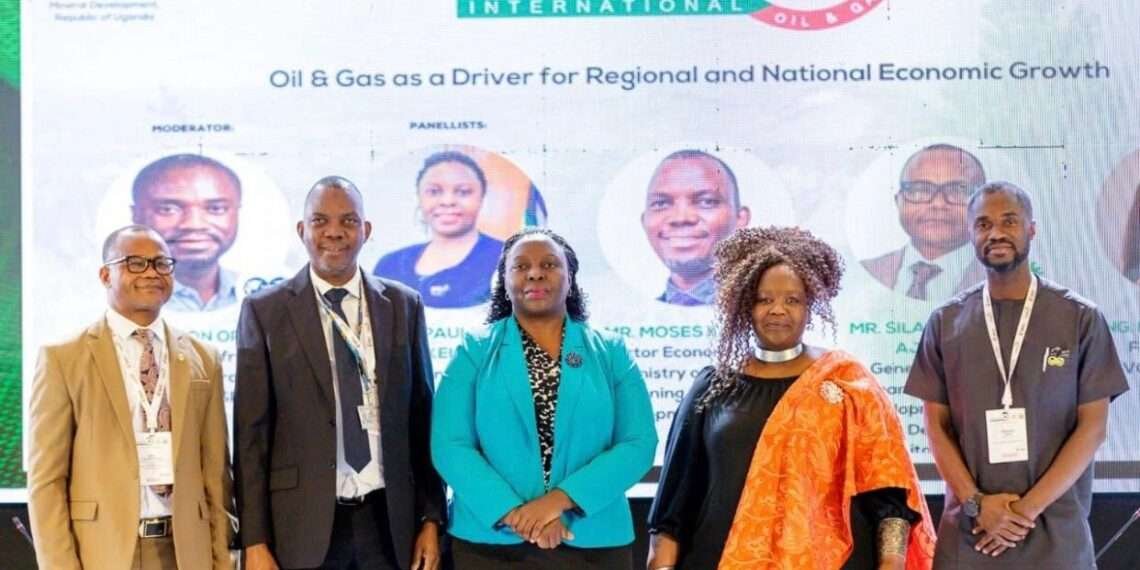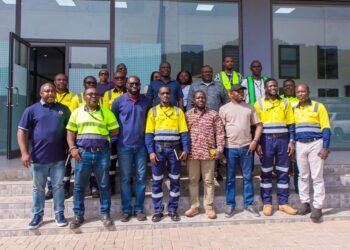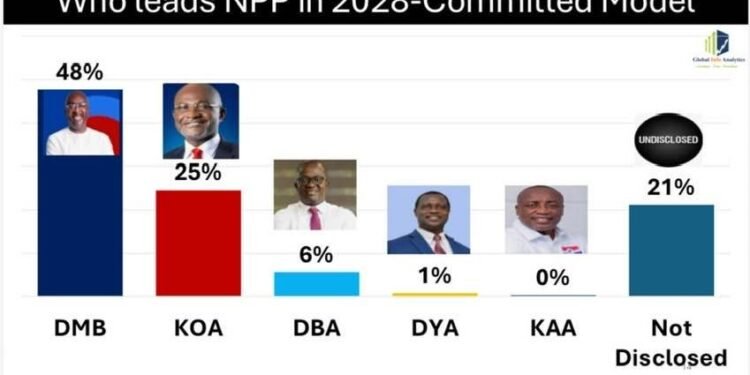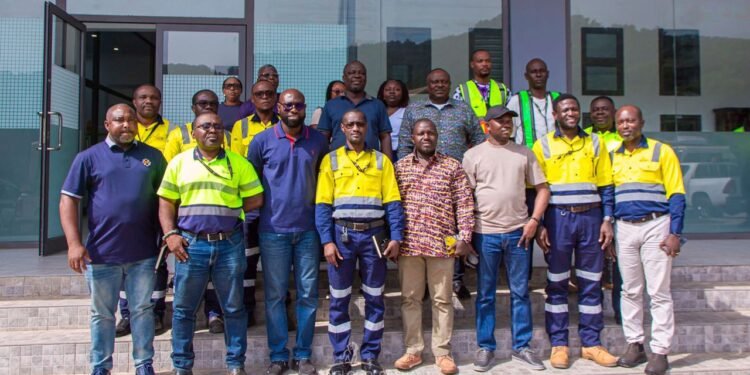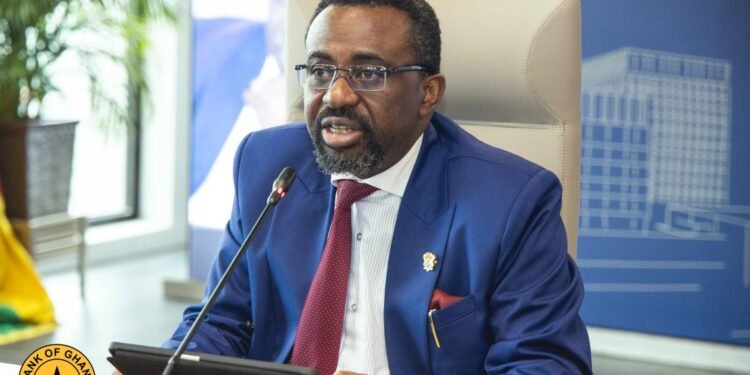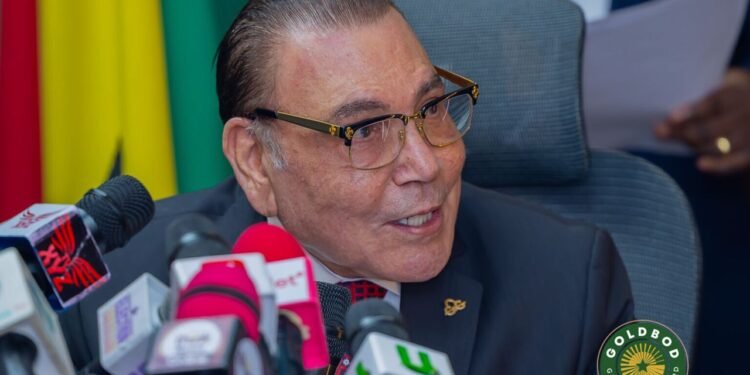The 9th edition of the Uganda International Oil and Gas Summit (UIOGS) has concluded with a resounding call for sustainable economic transformation driven by Uganda’s emerging oil and gas sector.
Industry leaders, policymakers, and regional stakeholders convened to deliberate on the summit’s theme, “Oil & Gas as a Driver for Regional and National Economic Growth,” offering insights on how Uganda and its neighbors can harness their oil wealth for enduring prosperity.
Dr. Riverson Oppong, CEO of the Association of Oil Marketing Companies (AOMC), set the tone with a profound statement that resonated throughout the summit.
“The true measure of an oil-rich nation’s success is not in the barrels it exports, but in how it transforms this wealth into enduring opportunities for its people, regional prosperity, and a diversified economy that outlasts the resource itself.”
Dr. Riverson Oppong, CEO of the Association of Oil Marketing Companies (AOMC)
This vision of resource-driven economic transformation was the cornerstone of the summit’s discussions, particularly as Uganda prepares to join the league of oil-producing nations.
With an estimated 6.5 billion barrels of crude oil reserves, Uganda is positioned to become a key player in Africa’s oil and gas industry.
The development of the Lake Albert oil fields, coupled with the East African Crude Oil Pipeline (EACOP), could see the country exporting its first oil by 2025.
Experts at the summit emphasized that these projects have the potential to significantly boost Uganda’s GDP, creating direct and indirect employment opportunities.
Dr. Oppong and other panelists, however, cautioned that while oil revenues are expected to be transformative, they must be managed strategically to avoid pitfalls associated with the “resource curse.”
The session explored lessons from oil-producing countries such as Norway and Botswana, which have successfully utilized resource wealth to drive diversification, and contrasted these with nations that have struggled with mismanagement and economic stagnation.
“Strategic investments and stringent resource management are key to ensuring that oil revenues serve as a catalyst for sustainable growth and development,” Dr. Oppong emphasized.
Building Capacity for a Thriving Sector
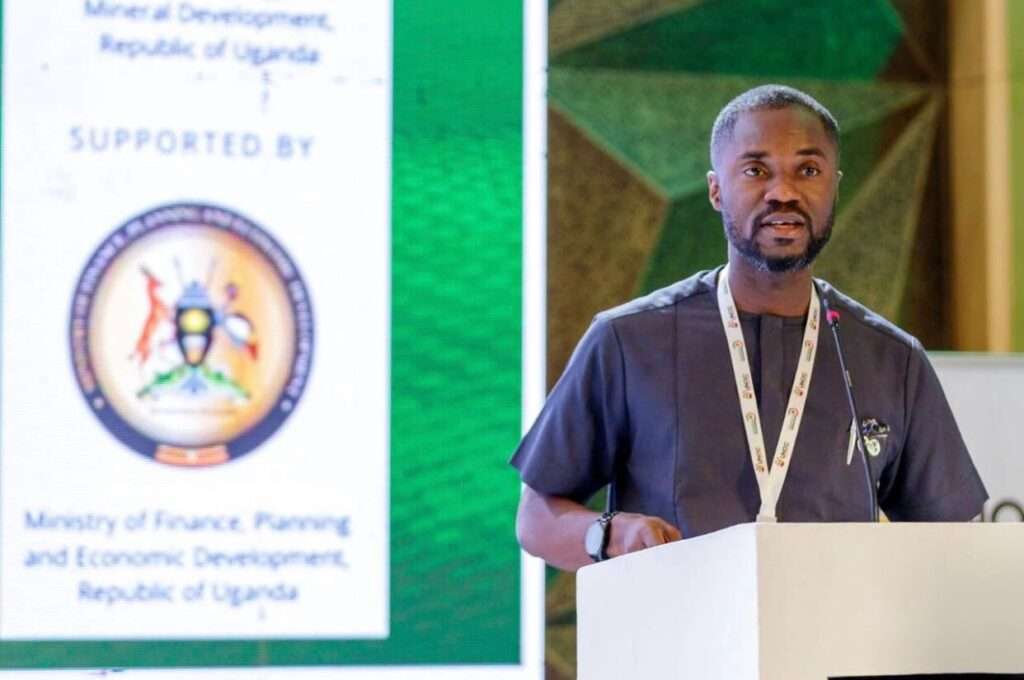
Capacity building emerged as another key area of focus. Panelists highlighted the need to equip Ugandans with the skills and expertise required to participate in the oil and gas industry.
Investments in education and vocational training were identified as essential to creating a workforce capable of driving the sector forward.
Dr. Oppong emphasized that capacity building extends beyond technical skills to include strategic management and policymaking expertise.
“Uganda’s oil and gas sector must prioritize local capacity building to ensure that its people are at the forefront of this transformative journey,” he said.
As the discussions at the 9th Uganda International Oil and Gas Summit concluded, a clear vision for Uganda and the broader East African region emerged. By leveraging oil revenues to invest in critical infrastructure, promote regional integration, and diversify the economy,
Uganda has the potential to transform its oil wealth into a sustainable and inclusive development pathway.
Dr. Oppong’s closing remarks captured the spirit of the summit: “Capacity building, strategic investments, stringent management of resources, and regional cooperation will be instrumental in creating a thriving oil and gas industry that uplifts Uganda and strengthens economic resilience across East Africa.”
With a roadmap centered on sustainability, inclusivity, and diversification, Uganda is poised to use its oil wealth as a tool for long-term economic growth, ensuring that the benefits extend to future generations.
This summit showcased Uganda’s commitment to steering its oil and gas sector toward a brighter, more inclusive future.
The coming years will determine how well the country can translate its oil wealth into transformative opportunities, but the foundations laid at the UIOGS provide a promising start.

